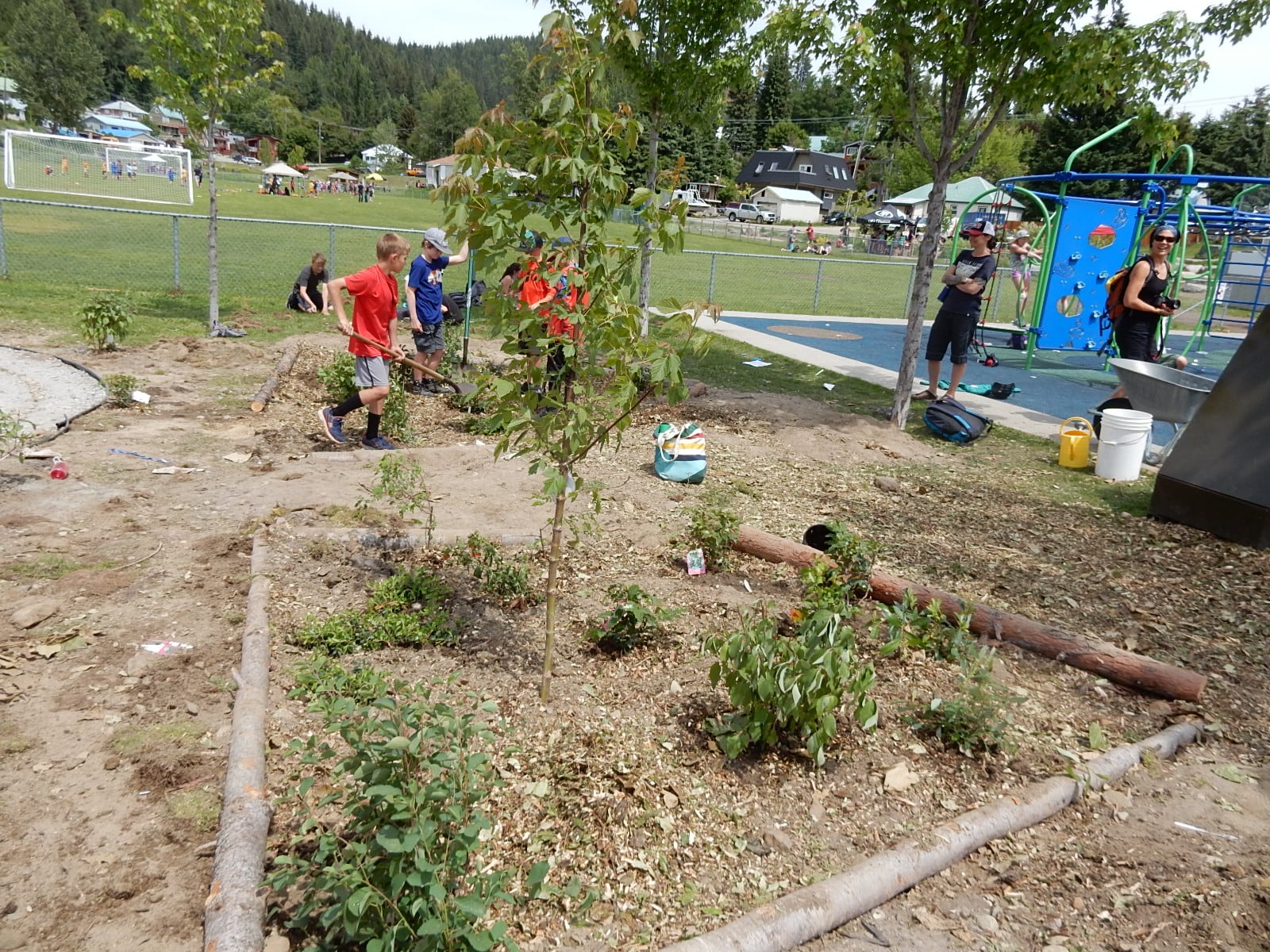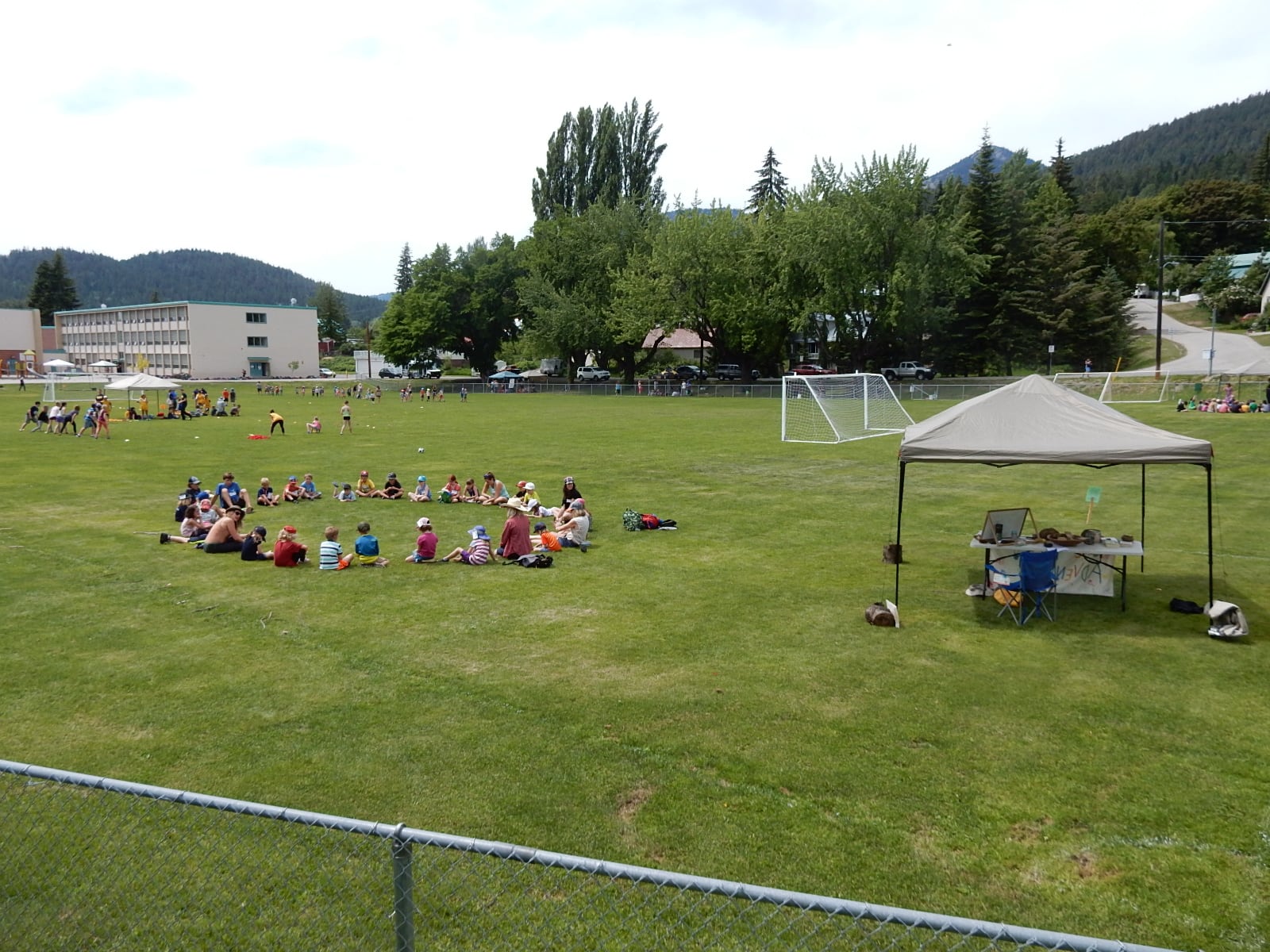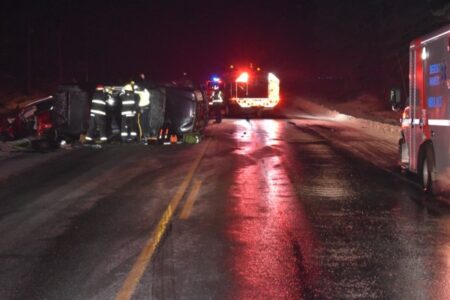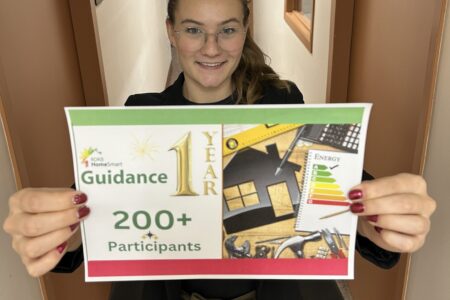Rossland Summit School's amazing BioBlitz
Rossland Summit School did an amazing thing on Friday, June 7, with Grade 9 students from Stanley Humphries Secondary School, Castlegar, participating as well. It was the Bio Blitz, and the weather was perfect for it.
Last year, Rossland Summit School's Grade Two class won the Jack Layton Award for Youth Action in Sustainability, and $500, for their performance in the "BioBlitz." This year, the whole school took part. There were 14 “stations” spread around the school grounds and the Jubilee Wetland area, and at each station, intensive learning took place – all focused on the interconnectedness of life.
As one example, one station explained the life cycle of salmon, and how salmon are reliant on other life forms and conditions, and now they in turn contribute to other life.
Jen Kardash, a teacher from Stanley Humphries, explained that students will take part in a race with many obstacles representing the hazards salmon face in their return upriver to their birthplaces to spawn. They will pass bears, wolves, fishermen, waterfalls, and dams; finally, those who survive will lay eggs and then compost into the forest, nourishing trees and shrubs as well as the animals who have dined on their bodies.
Another station featured bees, and students could learn about their life cycle, and about how many plants – and how much of our food supply – is dependent on bees and other pollinators.
Another station allowed students to see and learn about bats, and to understand how important they are, and what they need.
Another station dealt with invasive species, and how they disrupt the established local ecologies that they invade. And one featured permaculture gardening processes, with a sheet mulch demonstration; at another station, students were discussing and learning how best to handle encounters with such creatures as bears and cougars.
Jess Foster was supervising the installation of plants by students in a “native plant garden” beside the school. Foster explained that the ChariTREE foundation had donated $500 worth of native trees and shrubs to help get the native plant garden established.
There were 14 stations in all, each one with a world of learning – and all of it interconnected.
(Below: the beginnings of a native plant garden.)


























